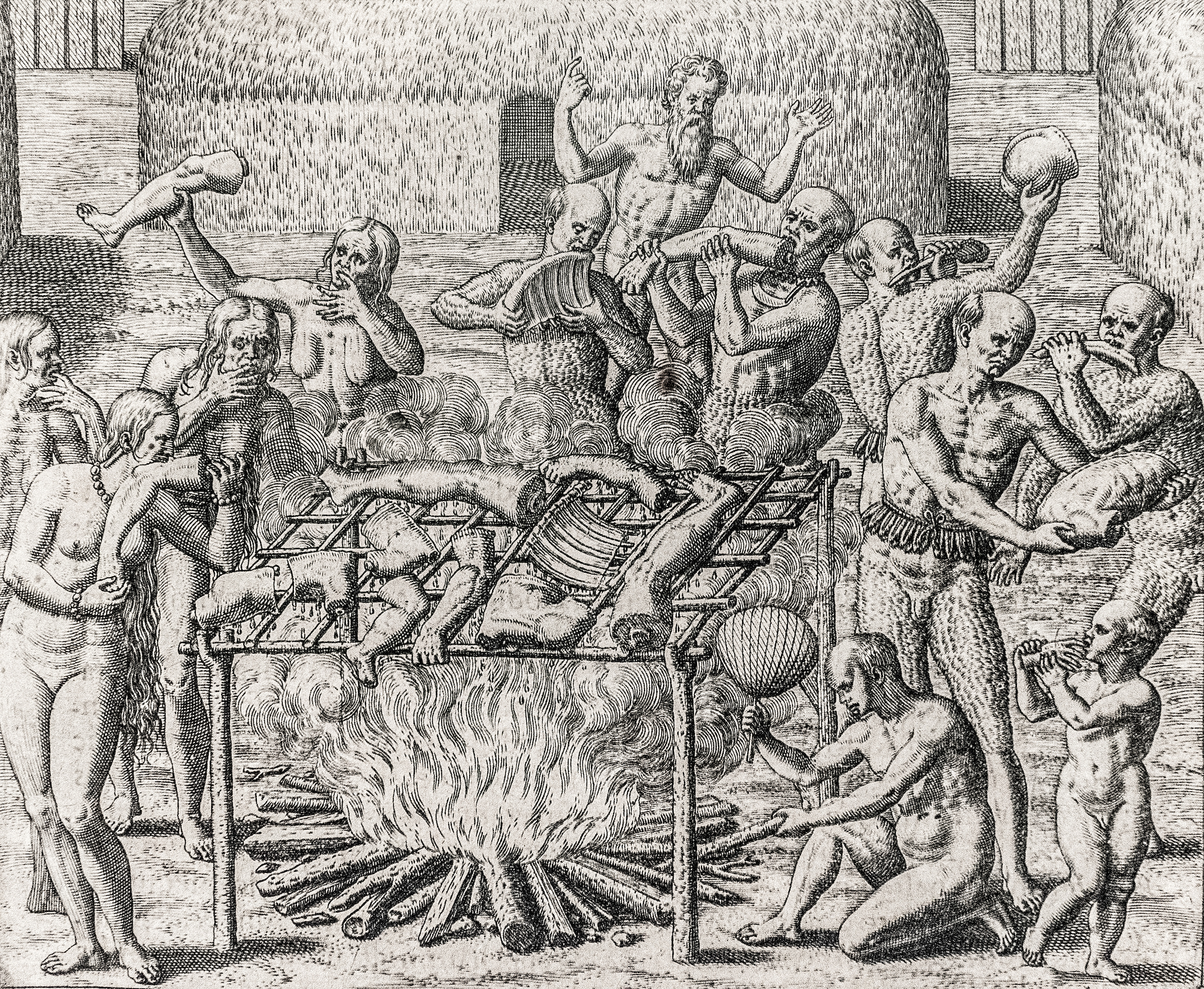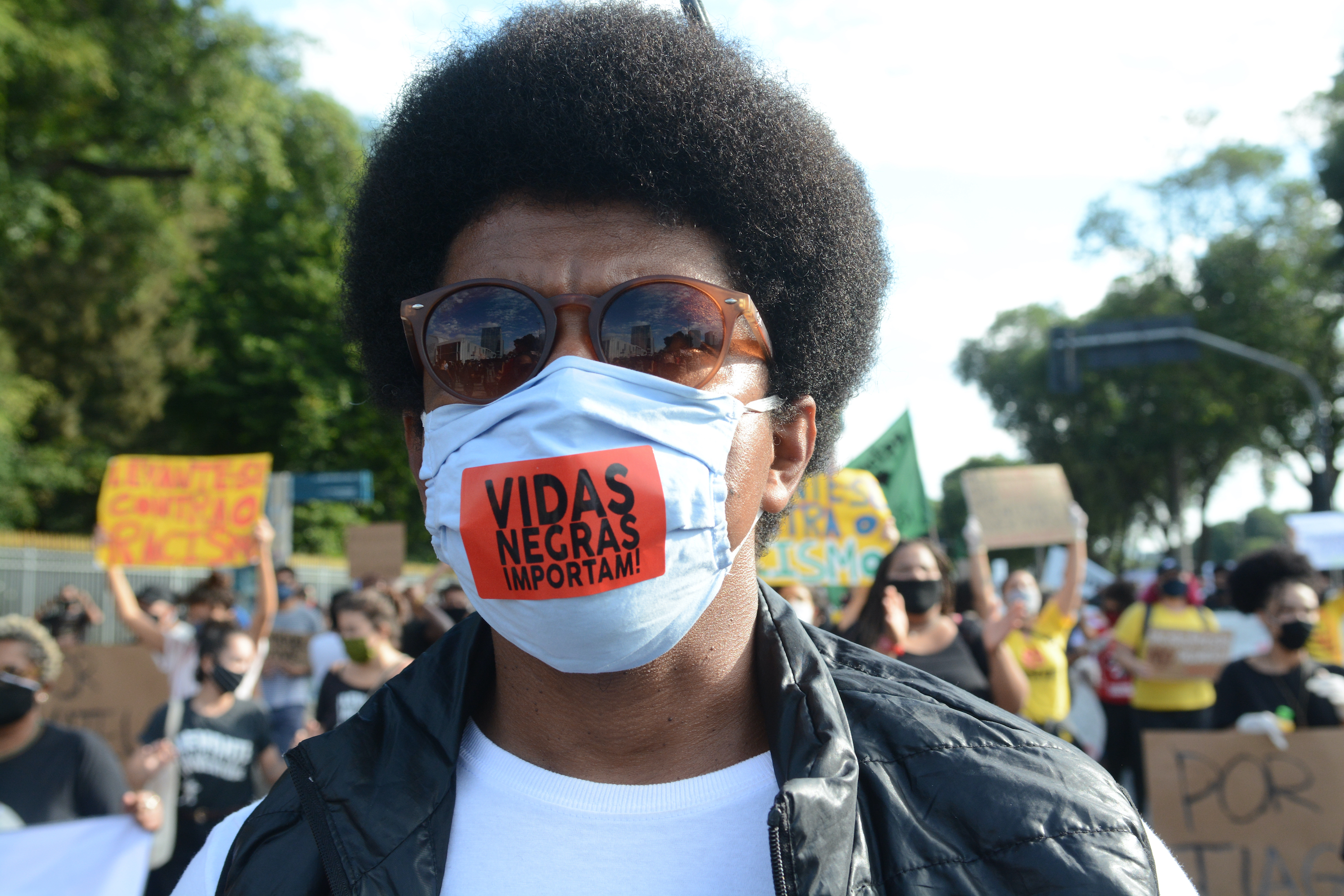In her recent work, the American social philosopher Judith Butler has been developing an idea she calls “grievability”. By that she means whether particular lives are seen as grievable. Would we grieve for them if they were lost? Butler argues that some lives are regarded as being more grievable than others.
Black Lives Matter has really brought this to the fore. There are certain lives that “don’t matter”, socially speaking. What Butler also suggests is that in addition to the social dimension of grievability, there is a kind of psychic dimension that we can understand through psychoanalysis. She points to the way in which each of us is vulnerable in all sorts of ways. For example, each of us is dependent in early life and so vulnerable to the ministrations that we get from those who look after us. Hopefully those ministrations are loving. Sometimes they are not. Sometimes they are even violent.
This vulnerability to the whim of the other is something we carry with us all through our lives. She also points out how our immersion in our own vulnerability can lead us to discount the vulnerability of others: because I am fragile and my life is precarious, I have no space for the vulnerability, fragility and precariousness of your life. Go away from me; leave me to live with my own vulnerability, and don’t threaten it.
She suggests that that kind of response to vulnerability is part of the problem of gaining grievability for others. We allow them grievability when we recognise that their lives are both vulnerable and valuable. We discount their grievability when we regard their lives as not worthy of mention, and also when we cannot imagine the vulnerability of their lives without somehow giving up our awareness of our own insecurity.


